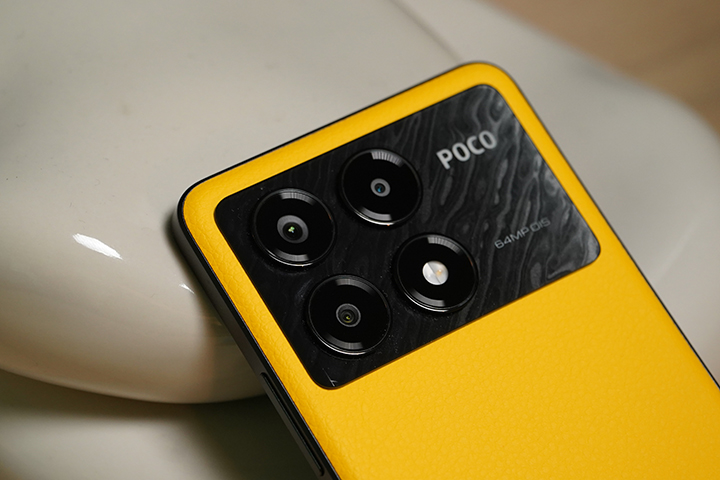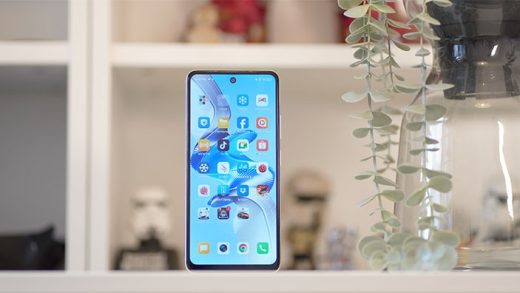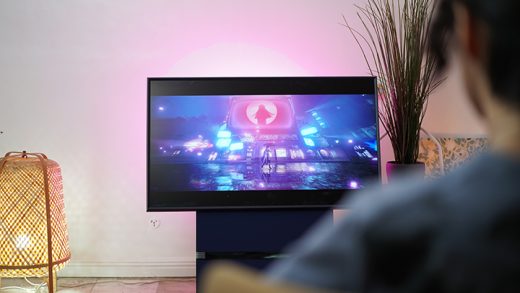There’s been a lot of debate surrounding the recent deal between Google and Verizon regarding net neutrality. Some even say that Google has sold out just to get a the ball rolling. But what does this deal got to do with us here in the Philippines?
Well, nothing really. While net neutrality is a big hot topic in the US, we’re not even anywhere near that level here.
However, this discussion gives us a better picture of how or why the telcos operate the way they do especially in the wireless space.
We have several wireless internet services currently being offered in the country — HSDPA (by Globe, Smart, Sun) which can do around 7.2Mbps, Ev-Do (BayanTel) which probably can do 2.4Mbps and WiMax (Globe, Smart, Liberty/Wi-Tribe) which can do around 40Mbps.
These are very small pipes and with the growing number of wireless customers, we are prone to bump into the usual problems of a typically crowded network — slow speeds, dropped connections, intermittent signals (or in some cases, no signal at all).

This is the reason why we hear terms such as QoS (Quality of Service) which is a mechanism to prioritize resources to guarantee some level of performance. Say for example a user tethering his 3G phone to a laptop and downloading an episode of Fringe might experience a drop in download speed or being cut off from the connection after 2 hours. This is to ensure that others can join the network and use the resources.
You’d often have that experience that when your 10Mbps line in the office suddenly feels like it’s slowing down, you’d immediately say that someone in the office is downloading a ton of torrents.
That’s the reason why all service providers will put in a Fair Use Policy that somehow limits the seemingly “unlimited” service they are offering.
I remember the first time we dined out at Max during their Chicken-All-You-Can promo and complained that despite the “unlimited” offer, they only serve a quarter chicken one at a time. You can’t have an entire batch of fried chicken because others also have to have their share and the kitchen can only cook a limited amount at a time.
So, even if you can finish off a quarter slice of a whole chicken in 15 minutes, your next piece will arrive 30 minutes later as the next batch is not cooked yet.
There are other ways to go around it. For example, Globe compresses the images on webpages that goes thru their 3G networks so the sites you browse looked like all images are degraded. That’s another way to save on bandwidth. That way, if 5 people simultaneously downloads a 1MB photo of the cover of Sports Illustrated and uses up all the capacity, the compression allows for 50 people to download a 100KB compressed version at the same time.
Did you ever wonder why a 1Mbps residential DSL connection costs Php999 while the same 1Mbps costs Php3,000 to business users?
I think the problem is a sticky as solving the EDSA traffic. Do you expand the roads and add more lines? Do you enforce number coding? Do you go after the colorums?

































@Herce Do you have a blog? I like people who knows what they are talking about.
This is one reason why wired connection is much stable than wireless. Anyhow, this can be a blueprint for telecoms to charge extra by providing that extra service lols.
Like additional charge if you are using software that provides voice/video chat service like Skype, Yahoo or AIM/AOL, which eats a lot of bandwidth.
“Globe compresses the images on webpages that goes thru their 3G networks so the sites you browse looked like all images are degraded. That’s another way to save on bandwidth. That way, if 5 people simultaneously downloads a 1MB photo of the cover of Sports Illustrated and uses up all the capacity, the compression allows for 50 people to download a 100KB compressed version at the same time.”
Totally Agree this method of globe made me switch to BayanTel EVDO. So Far so good.
In the future, there will be two types of Internet access offered: the Neutral net and the Neutered net. LoL
@herce – you just expounded my “Well, nothing really.” line to like 3 full comments. :p
This is an article today about Google’s complete 180 turn http://arstechnica.com/telecom/guides/2010/08/googleverizon-we-do-loopholes-right.ars. No one has any idea what Verizon offered Google to make this complete turn around.
Actually, go here: http://arstechnica.com/telecom/ for a ton of great article on the whole mess.
The Verizon proposal has come about because now that the big money corruption took over, they though they could get good PR and get every thing they want by pretending that they reached a compromise. Of course, its pure garbage and is roundly being protested.
Google was supposed to be seen as the advocate of the consumer, but obviously they got some sweetheart deal and have reversed everything the once stood for.
Anyway, it takes about an hour to read it all, but if you’re going to do an article on it you should read it. I’ll post links in another post.
How this applies to us? It doesn’t. The American system is very different than ours. Ever wonder why PSTN calls to the Philippines via any VoIP service is one of the most expensive in the world? We have our own battle to fight and we’re doing about as well as the Americans are. We are loosing and loosing bad.
It has come about because the FCC blocked Comcast’s P2P policy and was then slapped down by the American politicians who are owned by telecom money (almost all of the them).
The FCC has then tried to reverse course a bit and proffered a set of open internet rules. Again they were slapped down by the corrupt American political system (if you aren’t aware, its far more corrupt than ours). So they then attempted to reclassifying data providers as common carriers which would apply an established set of regulatory regulations to broadband ISPs. This is within their established powers but corruption won again and both republicans and democrats joined together to petition the FCC to stop it.
Since then the FCC has given up and has been holding closed door meetings with ISPs and other interested parties like Google to get a deal done. Because of this, several consumer advocay groups have raised a ton of stick about the nature opf these meetings and the hijacking of the entire net neutrality process by corruption. Its gotten ugly, even though a recent PEW research poll shows that Americans don’t really care (they don’t seem to care about much these days besides race issues).
(this input doesn’t like big posts)
You’ve kind of got your apples and oranges mixed up here. I hate to be that guy, but some basic research always helps when you write articles.
While net congestion is one of the reasons US telcos have used to excuse bad behavior (Comcast P2P blocking for example) it is not really relevant to the Google/Verizon deal proposal. That proposal is related to regulation of traffic shaping and prioritizing. Nothing to do with the internal teclo tragic shaping policy.
(continued next post).
With all the talk about torrents being throttled by some ISP’s, net neutrality won’t stay a non-issue for very long in the Philippines.
You know everyone is painting an evil picture on Google when most of us don’t understand whats really going on. All Google is saying is that the internet is young and that the government should not place any restrictions on it as of yet.
Google truly does no evil. Or do they? There is this one article I read at called “How doing Business With Google Almost Killed A Company”. That is probably the most evil thing Google has ever done.
I’m sure you got totally frustrated with the Max chicken experience and opted to go somewhere the next time. When you paid a little extra, you expected to get the eat-all-you-can offer with same speed and quality but you didn’t. I don’t think you want your chicken half-cooked to get the same serving speed, do you? Quality of Service does not only apply to telcos and it doesn’t necessarily mean a tradeoff between quality and speed. Globe broadband unfortunately took a sneaky route of not mentioning the low-quality images that affect the browsing experience for speed that’s even quite far off compared to their competitor. Half-cooked chicken, anyone?
Globe Broadband imposes this but they are not announcing it. They won’t even admit it. What happens is, if you’ve reached the allotted bandwidth, they cut your internet and restore it a week later.
Wi-Tribe, on the other hand, decreases your speed when you have reached your allocated bandwidth. At least they don’t cut your broadband connection like what Globe Broadband does. and at least Wi-Tribe openly announced it.
@andre- there are not just enough customers to go around.
you open up the regulations to more competitors